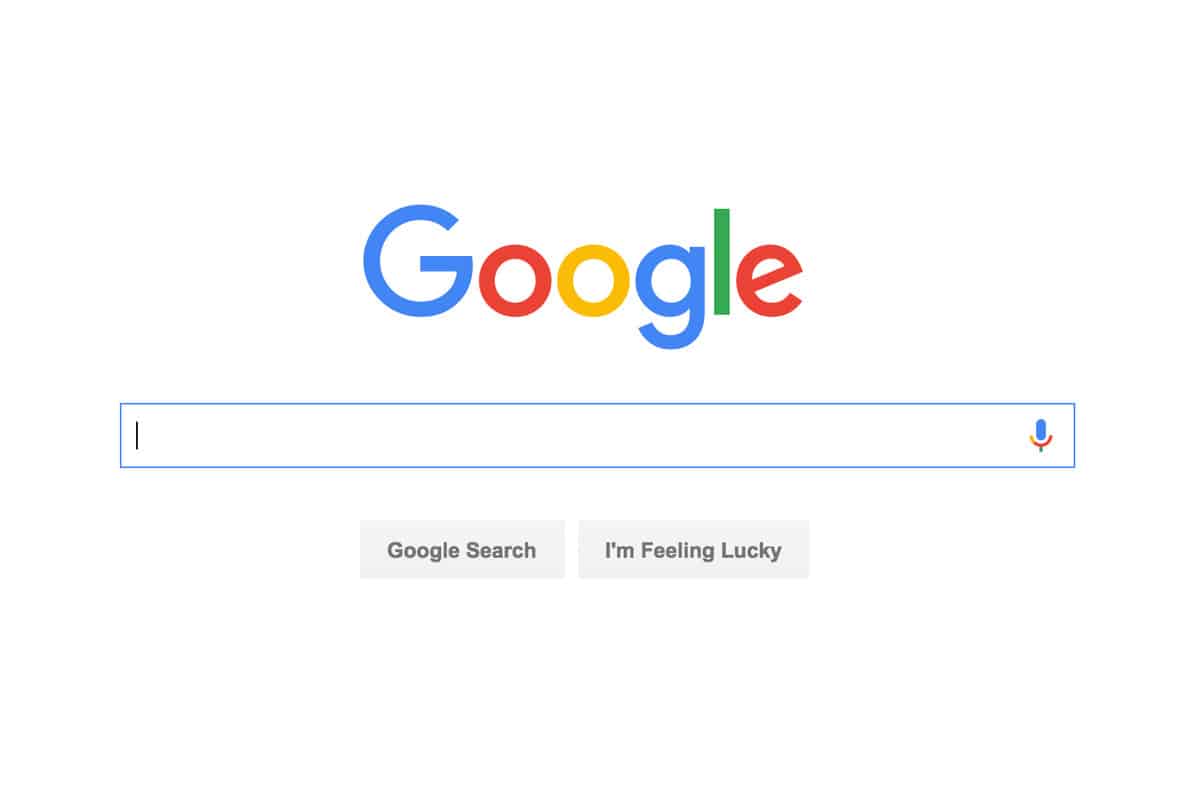Child Sexual Exploitation
Sexual exploitation of children and young people under 18 is when young people (or a third person or persons) receive ‘something’ (e.g. food, accommodation, drugs, alcohol, cigarettes, affection, gifts, money) as a result of them performing, and/or another or others performing on them, sexual activities. Child sexual exploitation can occur through the use of technology without the child’s immediate recognition; for example, being persuaded to post or send sexual images without immediate payment or gain.
What are the signs of Child Sexual Exploitation?
going missing for periods of time or regularly returning home late
regularly missing school or not taking part in education
appearing with unexplained gifts or new possessions
associating with other young people involved in exploitation
having older boyfriends or girlfriends
suffering from sexually transmitted infections
mood swings or changes in emotional wellbeing
drug and alcohol misuse
displaying inappropriate sexualised behaviour
If you have concerns about a child, the current CSE Risk Assessment Toolkit can be used to assess the situation and advise on what action to take next.
Who is at Risk of Child Sexual Exploitation?
Sexual exploitation can affect any child. However, some children are particularly vulnerable, including those who:
live in care or are leaving care
go missing from home or care
play truant from school
have learning difficulties
have parents who are vulnerable (i.e. with mental ill-health or substance misuse issues)
are being bullied
are at risk of offending
What is the Impact of Child Sexual Exploitation?
Child Sexual Exploitation is a subtle but destructive crime that can end up affecting every part of a victim’s health, happiness and development. In particular, victims are at risk of:
sexual abuse and/or violence, such as sexual assault or rape
being passed around different people for sexual acts
physical harm – either from other people or from self-harm
sexually transmitted infections
mental health problems
substance misuse and/or overdose
suicide attempts
teenage pregnancy
isolation from family and friends
lack of education and/or poor grades at school
Young people and their families often require a range of support services over sometimes a long period of time to assist them in overcoming the impact of CSE.
What is the Southend Safeguarding (Childrens) Partnership (SSCP) doing in relation to Child Sexual Exploitation?
Southend SSPC has prioritised and is committed to tackling CSE. It works together with the SCPs of Essex and Thurrock to coordinate its response to this issue. Our CSE Policy details how agencies, including the Police and Children’s Services, will work together to identify children and young people at risk of CSE, share information, assess their needs, support them and their families, and disrupt and pursue perpetrators through the criminal justice system. All SSPC partner agencies have a CSE Champion to help professionals in their organisation to identify and support children and young people at risk of CSE.
If you are concerned that a child is at risk of sexual exploitation
You can contact:
Southend Borough Council MASH+ Team on 01702 215007 (0845 606 1212 outside office hours) or
Essex Police on 101, or
Ask to talk to the safeguarding children lead or child sexual exploitation champion at your local school or college, GP surgery or other health provider, Probation office, or Housing Association
Explore further
Key downloads

